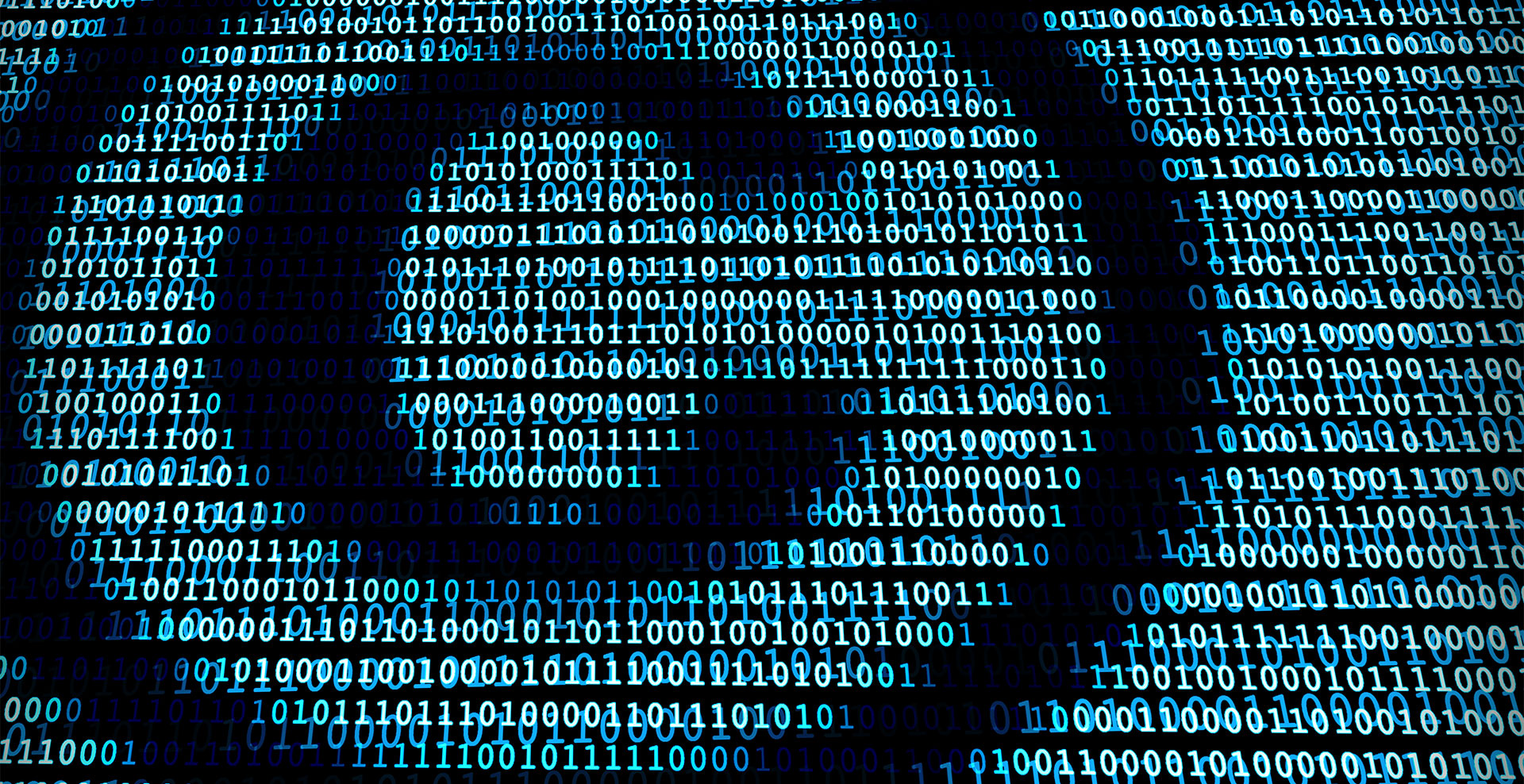
Artificial Intelligence’s Growing Impact on Copyright Law
The advancement of artificial intelligence in 2024 will continue to create new and challenging legal questions to be answered by state and federal courts. With AI-powered image generators, such as OpenAI’s DALL-E, ChatGPT programs, Stability AI’s Stable Diffusion, and Imagine by Meta, users can quickly create images by simply describing them in regular everyday language. These new technologies raise a myriad of legal questions and rightfully so. Who owns these AI created images? Can I copyright protect AI-generated images? What do I do if an AI-generated image infringes on my work? While we do not quite yet have the answers, courts and the United States Copyright Office are beginning to make decisions and provide guidance to some aspects of these key questions.
Who owns AI-generated images?
One of the first questions to address is who is the “author” of the AI-created works; is it the AIcreator, or the AI-user? The creative choices involved in coding and training the AI generators support the position that the AI creator should be deemed the “author,” while the AI user may assert that it owns some form of authorship in the created works, as it has directed or essentially controlled the AI generator to create the image. While there is no specific judicial or Copyright Office decision directly addressing this issue, many AI-powered image generators have tried to answer this question by determining the rights of the parties via contract. For example, OpenAI’s Terms of Use state: “As between you and OpenAI, and to the extent permitted by applicable law, you (a) retain your ownership rights in Input and (b) own the Output. We hereby assign to you all our right, title, and interest, if any, in and to Output.” As such, much of the ownership debate may be avoided as many AI companies are attempting to allocate ownership rights in their contracts.
Can I obtain copyright protection in AI-generated works?
In the recent federal court case Thaler v. Perlmutter, No. CV 22-1564 (BAH), 2023 WL 5333236 (D.D.C. Aug. 18, 2023), the Court upheld the Copyright Office’s decision denying Stephen Thaler’s copyright application to register a visual artwork that he claimed was authored “autonomously” by an AI program called the Creativity Machine, which he owned. The Court agreed that since the work lacked human authorship, a prerequisite for a valid copyright, that the individual could not claim copyright to it. The Court did however suggest that copyright protection may exist to protect AI-generated works, if there was a sufficient level of human input associated in generating the work. The courts have not yet addressed how much human input may be necessary to qualify the user of an AI system to be considered as an “author” of a generated work. Perhaps in 2024, the courts will make this determination.
Asserting Copyright Infringement by AI-Powered Image Generators
There are two different infringement claims that need to be considered: (i) Does the AI training process infringe the copyrights in other works, and (ii) do AI outputs infringe copyrights in other works? While it is fairly straightforward in asserting that an AI output infringes on an existing copyright, case law will have to be developed to determine whether AI training processes constitute fair use and are therefore non-infringing. While there remain more questions than answers, individuals should continue to pay close attention to judicial decisions in 2024 as they should hopefully bring additional guidance to these key issues.
Get MORE. Insights
Stay ahead in the legal world - subscribe now to receive the latest insights and news from Fennemore Law Directly in your inbox!

